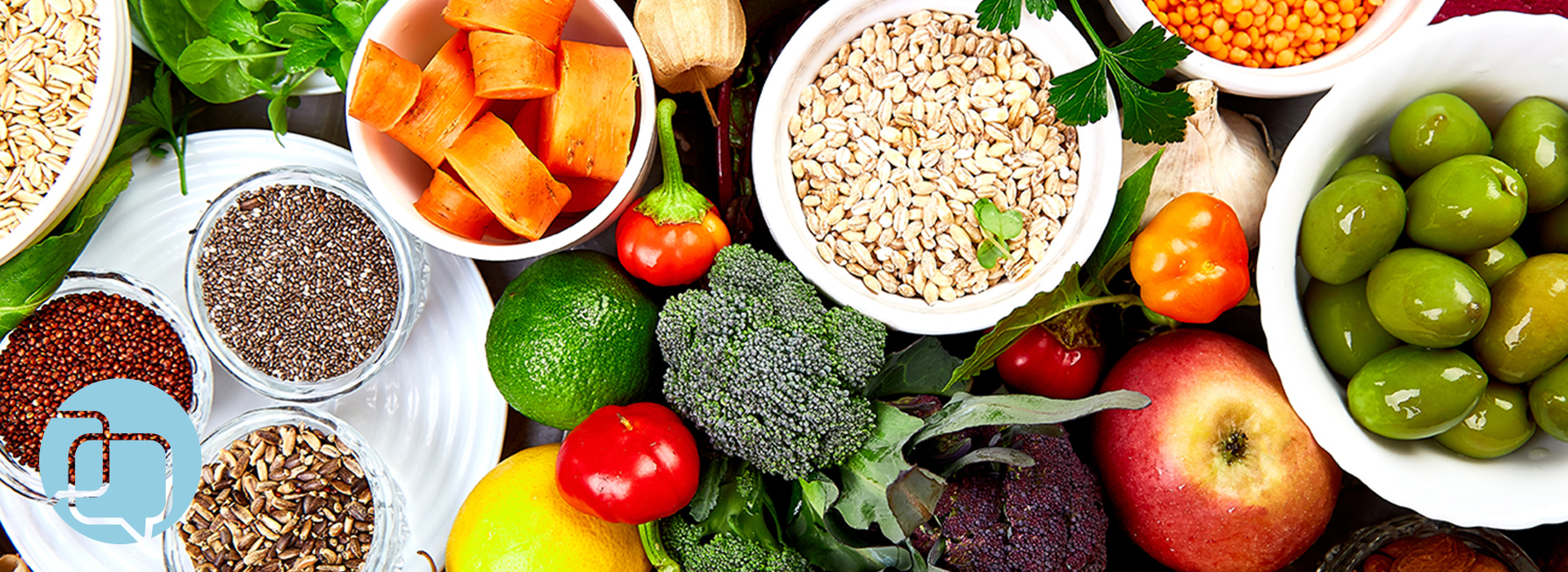
Nourishing Resilience – The Role Of Nutrition In Stress Management
In stress management, nutrition stands as a crucial thread that weaves through both the physical and emotional aspects of well-being. The food we consume plays a pivotal role in how our bodies respond to stress, influencing our energy levels, mood, and overall resilience. Understanding the connection between nutrition and stress empowers individuals to make mindful dietary choices that contribute to a more balanced and resilient lifestyle.
The Stress-Nutrition Connection:
Stress, whether chronic or acute, triggers a cascade of physiological responses in the body. These responses impact not only our mental and emotional well-being but also our nutritional needs. When facing stress, the body may release stress hormones such as cortisol and adrenaline, affecting appetite, metabolism, and food preferences.
Impact on Eating Patterns
Individuals respond to stress in diverse ways when it comes to eating. While some may experience a decrease in appetite, others may turn to comfort foods high in sugar and fat for solace. Understanding these patterns is essential in developing a nuanced approach to stress management through nutrition.
Mindful Eating Practices:
- Conscious Food Choices: Practice mindful eating by making conscious and intentional food choices. Choose nutrient-dense foods that support overall health.
- Slow Eating: Savour each bite and take time to eat slowly, allowing your body to recognise and respond to feelings of fullness.
Balancing Blood Sugar Levels - Whole Grains: Opt for whole grains such as brown rice, quinoa, and oats to provide a steady release of energy and maintain stable blood sugar levels.
- Complex Carbohydrates: Incorporate complex carbohydrates from sources like sweet potatoes and legumes, which contribute to a more sustained and stable energy supply.
Nutrient-Rich Foods
- Colourful Fruits and Vegetables: Load up on a variety of colourful fruits and vegetables to ensure a diverse array of vitamins, minerals, and antioxidants that support overall health.
- Lean Proteins: Include lean protein sources like poultry, fish, tofu, and legumes to support muscle function and recovery.
Nutrients That Support Stress Reduction
Certain nutrients play a crucial role in stress reduction by supporting neurotransmitter production, hormone regulation, and overall mental well-being. Incorporating these nutrients into your diet can contribute to a more resilient response to stress.
- B Vitamins: Found in whole grains, lean meats, eggs, and leafy greens. Essential for neurotransmitter production and energy metabolism, aiding in mood regulation.
- Omega-3 Fatty Acids: Found in fatty fish (salmon, mackerel), chia seeds, and flaxseeds. They support brain health and may have anti-inflammatory effects that contribute to stress reduction.
- Magnesium: Found in nuts, seeds, leafy greens, and whole grains. They Support muscle and nerve function, and its deficiency has been linked to increased stress and anxiety.
- Vitamin C: Found in citrus fruits, berries, and bell peppers. It acts as an antioxidant, supporting the immune system and potentially mitigating the impact of stress.
- Probiotics: Found in fermented foods like yogurt, kefir, and sauerkraut they contribute to a healthy gut microbiome, which plays a role in the gut-brain axis.
Hydration for Stress Relief
- The importance of hydration in stress management should not be underestimated. Dehydration can exacerbate stress symptoms and impact cognitive function, making it essential to prioritise adequate fluid intake.
- Water as a Foundation: Drink plenty of water throughout the day to support overall bodily functions, including nutrient transport and waste elimination. Dehydration can contribute to feelings of fatigue and increased perception of stress.
- Herbal Teas: Herbal teas like chamomile or peppermint can have calming effects and contribute to hydration without the stimulating effects of caffeine.
Mindful Eating Habits
- Cultivating mindful eating habits can enhance the stress-nutrition connection by promoting a more conscious and intentional approach to food.
- Avoid Emotional Eating: Be aware of emotional eating patterns and find alternative coping mechanisms such as taking a walk, practicing deep breathing, or engaging in a relaxing activity.
- Plan Balanced Meals: Plan well-balanced meals that include a combination of carbohydrates, proteins, and healthy fats to provide sustained energy throughout the day.
- Sugar and Processed Foods: Minimise the consumption of sugary and processed foods, as these can lead to energy crashes and fluctuations in blood sugar levels.
- Alcohol: Consume alcohol in moderation, as excessive alcohol intake can interfere with sleep and exacerbate feelings of stress.
Conclusion:
Nutrition is a cornerstone in stress management. By understanding the impact of stress on eating patterns and incorporating nutrient-rich foods into our diet, we empower ourselves to navigate life’s challenges with resilience and vitality. Cultivating mindful eating practices, prioritising hydration, and incorporating stress-reducing nutrients into our meals contribute to a holistic approach to well-being. As we embrace the nourishing power of food, we find not only physical vitality but also a strengthened capacity to face stress with grace and balance.
